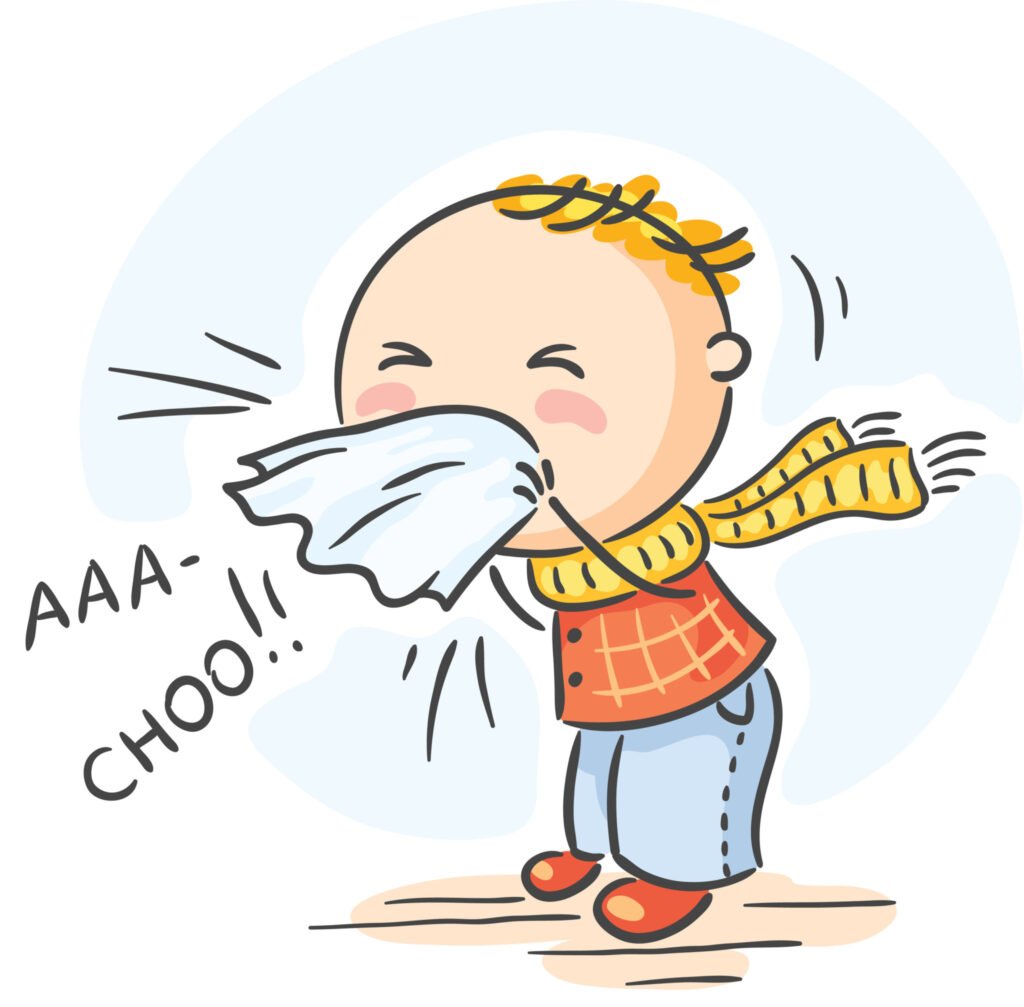The Impact of Weather on Your Well-being: Navigating the Seasons

Spring
- Allergies: With blooming flowers and trees, spring brings a surge in pollen levels, triggering allergies in susceptible individuals. Symptoms may include sneezing, itching, and congestion.
- Mood Changes: Increased daylight and warmer temperatures often boost mood and energy levels, reducing symptoms of seasonal affective disorder (SAD) experienced during winter.
- Joint Pain: Fluctuating temperatures and humidity levels can exacerbate joint pain in individuals with conditions like arthritis.
Summer:–
- Dehydration: Higher temperatures lead to increased sweating, which can cause dehydration if fluid intake isn’t sufficient. Dehydration can result in fatigue, dizziness, and heat exhaustion.
- Sunburn: Prolonged sun exposure heightens the risk of sunburn and skin damage, increasing the likelihood of skin cancer development.
- Respiratory Issues: Poor air quality due to increased ozone levels and allergens can exacerbate respiratory conditions like asthma and allergies.

Fall:–
- Seasonal Affective Disorder: As days shorten and sunlight decreases, some individuals may experience symptoms of SAD, including depression, fatigue, and mood changes.
- Cold and Flu: Cooler temperatures and drier air create favorable conditions for viruses to thrive, leading to an increase in colds and flu infections.
- Joint Stiffness: Falling temperatures and humidity levels can worsen joint stiffness and pain, particularly in individuals with arthritis or other musculoskeletal conditions.
Winter:–

- Seasonal Depression: Shorter days and reduced sunlight exposure can trigger seasonal depression in susceptible individuals, leading to feelings of sadness, fatigue, and lack of energy.
- Cold-Related Injuries: Exposure to cold temperatures can result in frostbite and hypothermia if proper precautions aren’t taken, potentially causing tissue damage and even death.
- Immune System Weakness: Cold weather weakens the immune system’s response, making individuals more susceptible to infections such as colds, flu, and respiratory illnesses.
Conclusion:–
Weather variations across the seasons can significantly impact our health and well-being. Staying informed about seasonal changes and taking appropriate precautions can help mitigate potential health risks and ensure a healthier transition between seasons.


